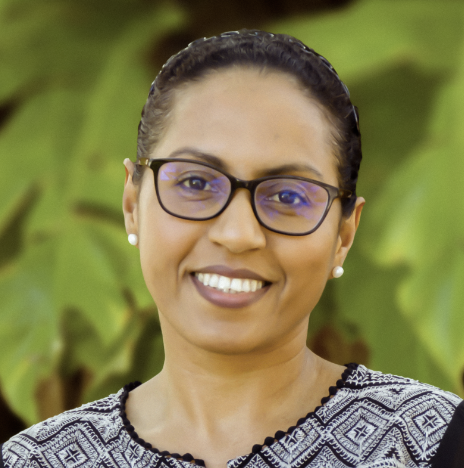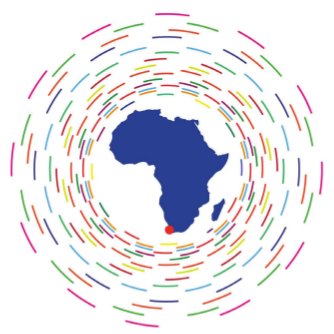Professor Mohamed’s upcoming roles in the focus meeting, hackathon, and science at the 32nd International Astronomical Union General Assembly 2024 are much to be excited about!
Prof. Mohamed, originally from Bulawayo, Zimbabwe, is a former Rhodes scholar, she holds a Doctor of Philosophy degree in astrophysics from the University of Oxford (2009) and a bachelor’s degree in astrophysics and mathematics from Harvard University (2004). She spent two years as an Argelander Research Fellow at the University of Bonn in Germany before moving to Cape Town in South Africa where she held a joint position as an astronomer and associate professor at the South African Astronomical Observatory (SAAO) and the University of Cape Town (UCT). Most recently she was an associate professor in the Department of Physics at the University of Miami in Florida.
Prof is closely involved in mentoring students in stellar astrophysics research, and teaching introductory astronomy, as well as more advanced courses on topics including astrophysical processes, computational astrophysics and stellar structure and evolution.
This has positioned her extremely well to take on the role of being the chair advisor for ZAS, where she guides the society on the best steps for us to progress!
She is at the head of ‘Focus Meeting 7’ which is titled ‘New Horizons at the Interface Between Computational Astrophysics and Big Data’; where she is on the organising committee for the science, hackathon, and public outreach for this focus meeting.
The sessions of this focus meeting will consist of review/invited talks, oral contributions and flash poster presentations. Discussion sessions will be critical for the synthesis of what are learned from the talks, and in bringing together the various ideas to chart the way forward. Therefore, time will also be dedicate for chaired/panel discussions, as well as a final “summary overview/next steps” talk in the final session. The main topics that will be discussed are as follows:
Key topics:
- Synergies between simulations and observations
- Tomorrow’s computational paradigm: programming and infrastructure
- Data-driven astronomy and Artificial Intelligence (AI)
- Building sustainable software, cyberinfrastructure, and communities


